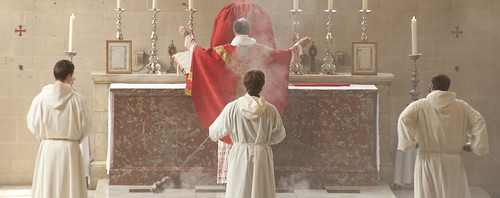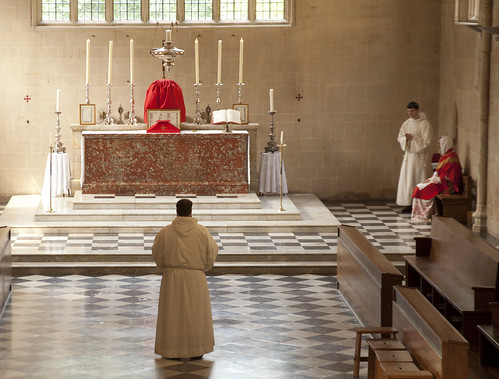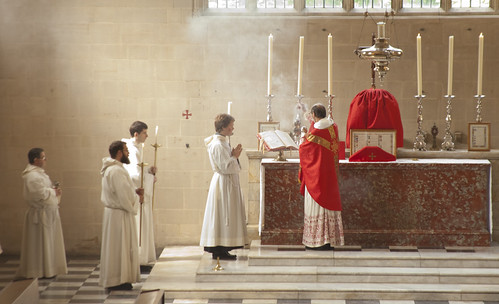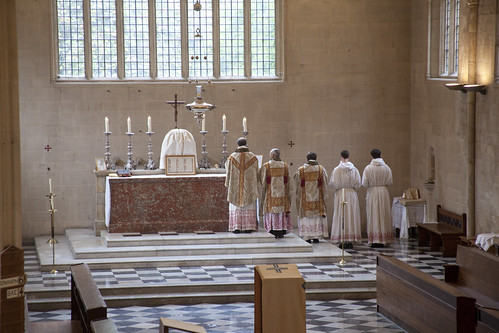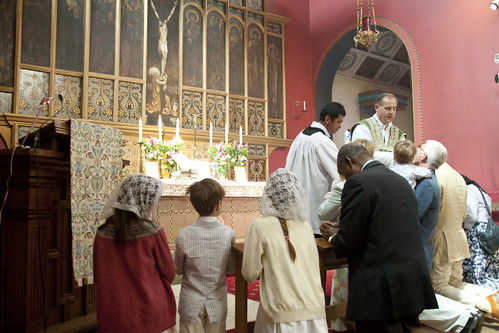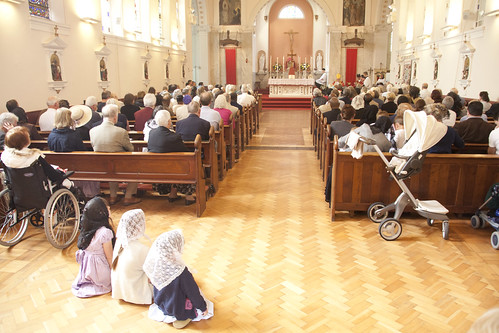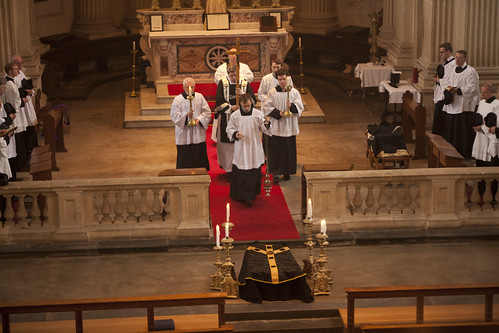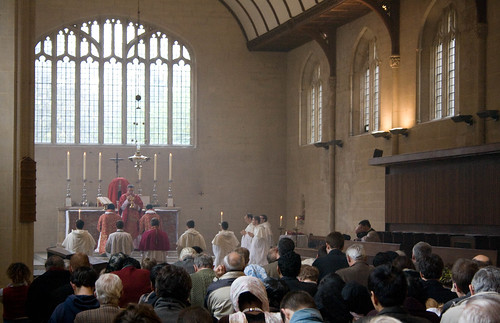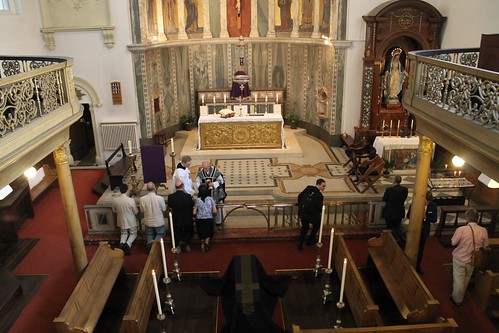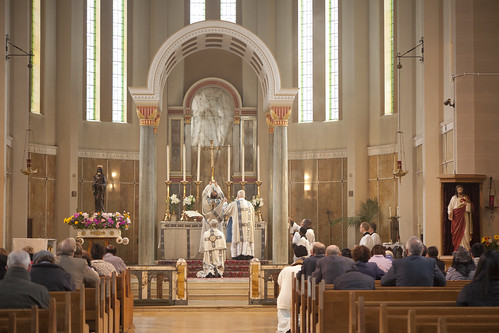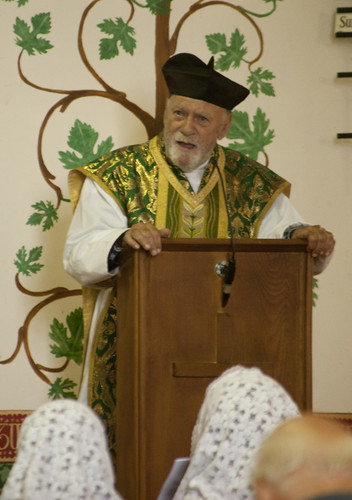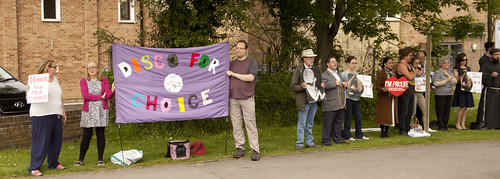 |
| Conflict is inevitable. Here is the Oxford Pro-life Witness last Saturday, with attendant counter-demonstration, who try to stop us praying by playing music. |
It is interesting to note, however, that Fr Rosica does not single out traditionalists, and I think it is extremely unlikely that he has ever sampled the wares of little-read, marginal figures like Mundabor, 'Novus Ordo Watch', and 'TradCathKnight', mentioned by Longenecker. The Crux article reporting his remarks noted, instead, his conflict with 'conservative and pro-life' sites. This is Fr Rosica's description of what he doesn't like:
the obsessed, scrupulous, self-appointed, nostalgia-hankering virtual guardians of faith or of liturgical practices are very disturbed, broken and angry individuals, who never found a platform or pulpit in real life and so resort to the Internet and become trolling pontiffs and holy executioners!
Obviously, that can apply across the spectrum of opinion. Fr Rosica's personal conflicts aside, the interesting question is where we find this kind of 'venom, hatred, and vitriol' among those who are widely read, who are taken seriously, who are respected as mainstream voices among their ideological fellow-travellors: as opposed to those who are not.
